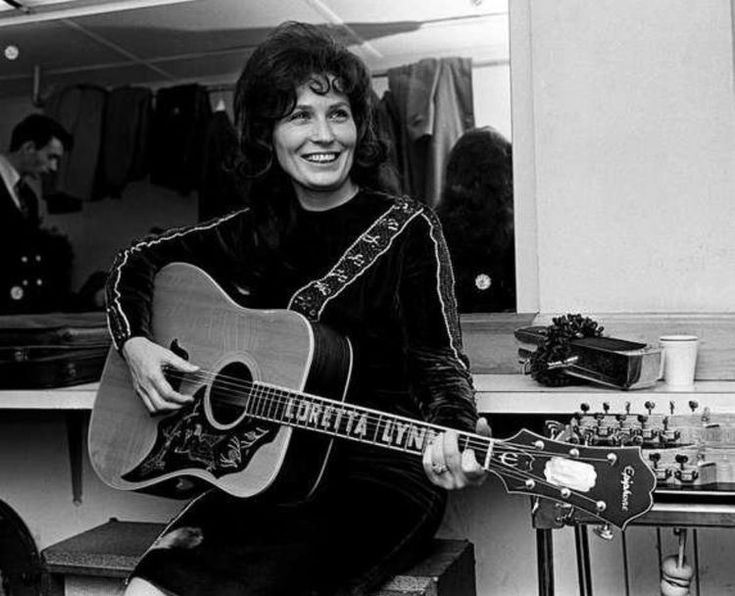
Exploring the Cultural Impact of Loretta Lynn’s “The Pill”
In the pantheon of country music, few artists have wielded as much influence and provoked as much thought as Loretta Lynn. Known for her unapologetic lyrics and fearless approach to taboo topics, Lynn has always been a voice for those who might otherwise go unheard. One of her most controversial yet impactful songs, “The Pill,” released in 1975, stands as a testament to her boldness and commitment to authenticity.
Upon its release, “The Pill” charted impressively, reaching number five on the Billboard Hot Country Singles chart. This achievement was not just a reflection of Lynn’s popularity but also indicative of the song’s resonance with a broad audience during a time when discussions about women’s rights and reproductive freedom were gaining momentum. The track even crossed over into the mainstream pop realm, illustrating its widespread appeal and relevance.
Behind this song is a story rooted deeply in personal experience and societal observation. Loretta Lynn, who had six children by the age of 32, wrote “The Pill” from a place of intimate understanding. The song narrates the liberation felt by women who could finally take control over their reproductive choices thanks to birth control pills—a revolutionary medical advancement at that time. It speaks candidly about newfound freedoms: no longer would women be tied down by an unending cycle of childbirth if they chose otherwise.
“The Pill” carries an empowering message wrapped in catchy melodies and straightforward lyrics—hallmarks of Lynn’s style. It was both celebrated for giving voice to women’s experiences and criticized by more conservative audiences who deemed its content too risqué for country radio stations. Indeed, many stations banned it initially; however, this controversy only fueled its fame and impact.
Listening to “The Pill” today offers a reflective journey back to an era when conversations around gender roles were beginning to shift dramatically. For older listeners especially, it evokes memories of changing times—of struggles faced and victories won in pursuit of equality.
Beyond its cultural implications, “The Pill” showcases Loretta Lynn‘s remarkable ability to blend storytelling with social commentary seamlessly—a skill that cements her legacy as one of country music’s most significant figures. Her willingness to tackle issues head-on without sugarcoating them set her apart then and continues to inspire artists across genres now.
In essence, “The Pill” is more than just a song; it’s an anthem celebrating autonomy—a reminder of how far society has come while urging continued progress toward genuine equality for all individuals regardless of gender or circumstance.